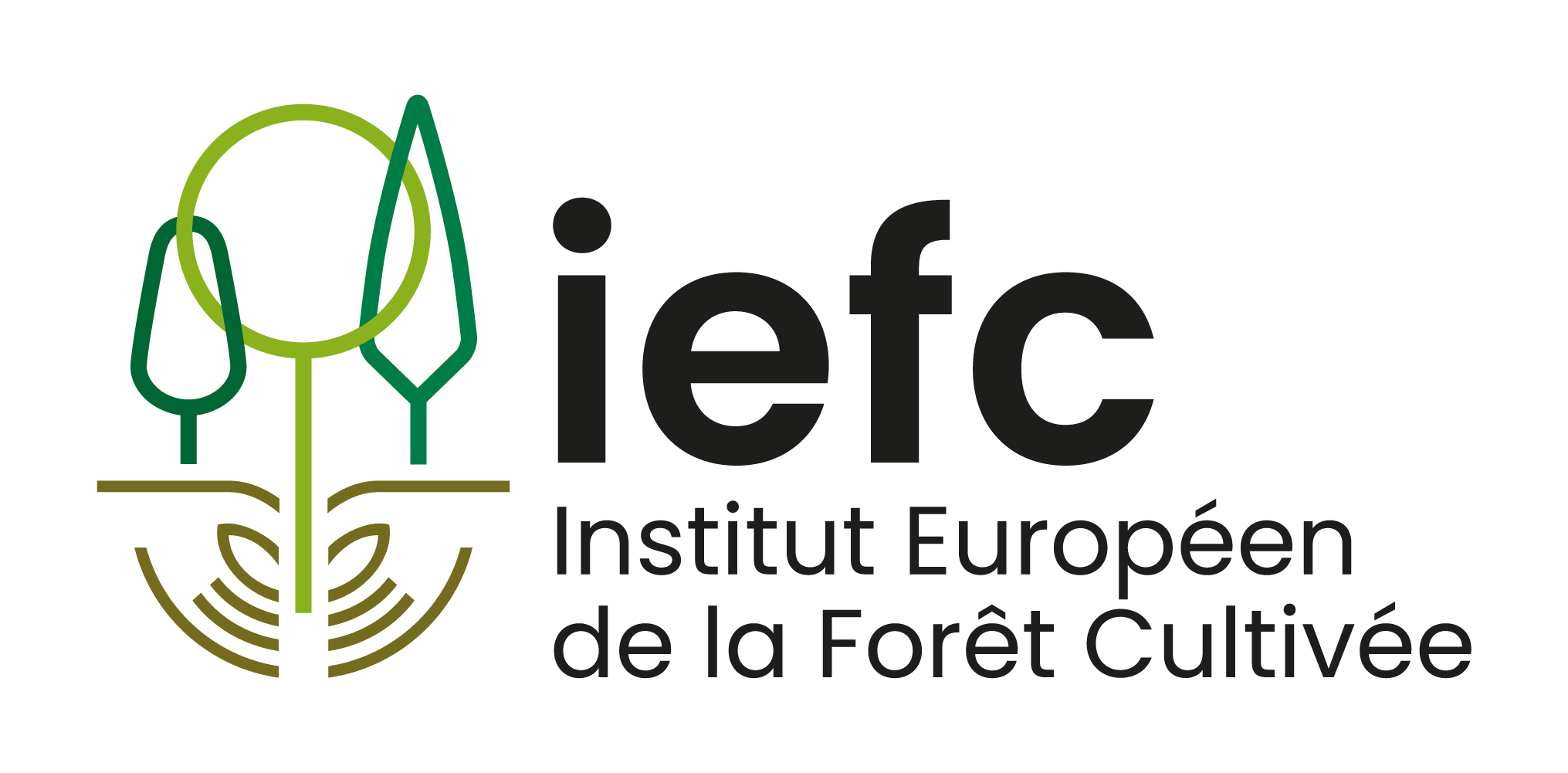Our Objectives
IEFC aims to promote, facilitate and improve the future resilience and sustainability of planted forests in Europe in the context of global change.
The way to achieve this is based on three strategic pillars:
• Align the sustainable development of planted forest in Europe with the opportunities presented by the growing bioeconomy.
• Forge partnerships and network to find climate-smart solutions on how to better leverage the sustainable management of planted forest in Europe to contribute to climate change adaptation and mitigation.
• Preserve and promote ecosystem services derived from the sustainable management of planted forests in Europe.
Our main focus areas as follow
Identity, use and conserve the best forest genetic resources and planting material to be made available to forest owners and managers so that they can adapt their planted forests to market demands and the challenges of climate change adaptation and mitigation.
Improve the resilience of planted forests to climate change, and in particular to the multiple interacting hazards, so as to preserve their commercial value and minimize risks to investors.
Promote the sustainable management of planted forests, maintaining the associated ecosystem services and targeting the opportunities offered by the bioeconomy so as to maintain their long-term profitability and contribute to regional development and UN sustainable development goals.
Analyse and determine trade-offs on ecosystem services in planted forests.
The IEFC focus areas are in line with many of the important challenges and strategies outlined in the European Forest Strategy. These focus areas addresses the development of sustainable planted forests adapted to meeting the demands in a growing bioeconomy, as well as maintaining and increasing the value of ecosystem services. In light of climate change, smart solutions to mitigate the negative effects of changed environmental conditions will be of utmost importance.
Other global challenges that will be increasingly important include increased timber consumption, urbanization, migration and digitization. Sustainable forest management approaches must be developed, not only to increase biomass production or to preserve, and in some cases, restore biodiversity, but also to reinforce social benefits and to maintain an enhance ecosystem services derived from planted forests.
Under climate changing conditions, it is important to obtain and manage forest ecosystems with the aim of increasing their resilience to a future of amplified biotic and abiotic stressors.
